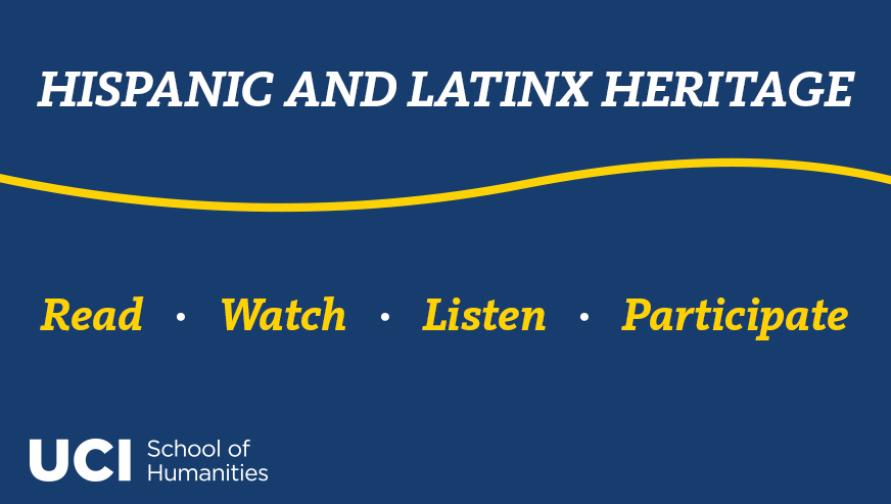
The Center for Latin American and Caribbean Studies congratulates the recipients of the 2024 Fernando and Olga Niebla Latinx/Hispanic Studies Graduate Fellowships: Jozef Robles (Department of Sociology) and Camila Sanhueza (Department of History). We also thank Professors Kevan Aguilar and Isabel Almeida, who formed the faculty committee evaluating the nearly 35 applications.
In the project “The Transformative Effects of US Immigration Law Post Status Regularization,” Jozef Robles proposes to examine a crucial aspect of our society: how previously undocumented immigrants’ identities, worldviews, and behaviors are shaped by immigration law, even after these men and women have adjusted their status. Robles has developed the concept of “remnants of illegality” to capture the spillover effects of previous legal designations that continue to shape immigrants’ behavior and worldviews even after they are no longer in that status. While his preliminary research was based on a racially homogenous sample of Latinx immigrants who had DACA and lived in California, he proposes to expand the sample racially, geographically, and across experiences of liminal legality. He plans to collect interviews with a more diverse, formerly undocumented sample of people across California and Texas, and include those who were never in a liminal legal status. By examining the stories of a diverse group of formerly undocumented individuals in the United States, he aims to show that legal designations are not dichotomous or mutually exclusive states of existence.
In the project “Equal Children in the Revolution: Illegitimacy and Socialism in Chile and Cuba (1970-1976),” Camila Sanhueza proposes to study how the socialist projects of the Popular Unity party in Chile and Revolutionary Cuba viewed children, families, and gender relations as central to build a new socialist society. Sanhueza will also explore how the attempts to abolish illegitimacy also emerged from feminist movements in both Chile and Cuba, which had advocated for the abolishment of illegitimacy since the early twentieth century. As Sanhueza has conducted preliminary research in Chile, she plans in the summer of 2024 to conduct a research trip to Cuba to gather materials for this project at the Biblioteca Nacional José Martí (the Cuban National Library), the Instituto de Historia de Cuba (the Cuban Institute of History), and conduct oral interviews with leaders and members of the Federación de Mujeres Cubanas (Cuban Federation of Women). This research trip will be crucial to gathering written documents and archival images and conducting interviews for this transnational project.
The Center for Latin American and Caribbean Studies celebrates the 2024 recipients of the Fernando and Olga Niebla Latinx/Hispanic Studies Fellowships: Jozef Robles (Sociology) and Camila Sanhueza (History). Robles explores the enduring effects of immigration law on formerly undocumented immigrants, while Sanhueza investigates the role of families, children, and feminist movements in shaping socialist projects in Chile and Cuba.
Past recipients include Livia Machado Costa (Global and International Studies, 2023), who studied community responses to mega-projects in Brazil’s Amazonia, and Jafet Rodríguez (History, 2023), who explored integrating Indigenous memories into colonial Guatemalan histories, and in 2022 Genesis Mazariegos (Global and International Studies) and Javiera Letelier (History).
